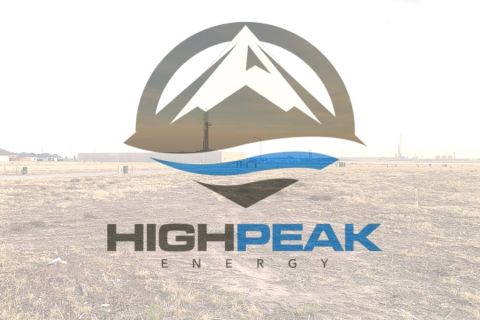President Andres Manuel Lopez Obrador said Feb. 21 Mexico will not offer more oil joint ventures (JVs) between private companies and state energy company Pemex until existing projects produce oil, raising doubts about auctions set for October.
In reply to a question about the contracts, known in the industry as "farm-outs," Lopez Obrador said the country would not offer more for the time being.
The biggest such project undertaken by Pemex under the last government was the deepwater Gulf of Mexico field known as Trion, in which the Mexican company associated with BHP Group Plc (NYSE: BBL).
"Until they extract oil, those who received these contracts, that's the agreement, when they start to produce we will review the possibility of continuing these contracts," Lopez Obrador said in his morning news conference.
Lopez Obrador has long been a critic of his predecessor's liberalization of the energy industry, which allowed private and foreign companies to bid for oil exploration and production both alone and in association with Pemex.
Instead, Lopez Obrador is betting on Pemex raising oil production by issuing service contracts mainly to Mexican companies to squeeze more oil from existing shallow water and onshore fields.
Lopez Obrador, who is from oil-producing state Tabasco, has previously said he will give private companies that won projects under the reform three years to start producing before he decides whether to allow more auctions. He has not been clear whether this also applies to the Pemex JVs.
In December, a few days after Lopez Obrador took office, the National Hydrocarbons Commission canceled two auctions for private energy companies set for February. But it chose to delay until Oct. 9 rather than cancel a round of "farm-out" auctions.
Pemex CEO Octavio Romero said several service contracts had been signed for shallow water fields.
Credit Rating
Credit ratings agency Fitch downgraded Pemex in January, citing precarious finances and a collapse in oil output. Lopez Obrador said Feb. 21 the downgrade was based on the oil company's financial results under the last government.
"We are going to convince them that their projections are wrong. We are not going to fight with them," he said.
"That ratings agency did not make clear that its rating had to do with last year's results, and made out that it was our problem. We have acted in a responsible manner."
In minutes of the last monetary policy board meeting released on Thursday, Mexico's central bank said the majority of its members considered the financial fragility and future of Pemex a risk for the nation's macroeconomic outlook.
The board was particularly worried about a further deterioration in Pemex's credit rating, saying it could affect the federal government's financing costs.
Recommended Reading
HighPeak Energy Authorizes First Share Buyback Since Founding
2024-02-06 - Along with a $75 million share repurchase program, Midland Basin operator HighPeak Energy’s board also increased its quarterly dividend.
Texas Pacific Land Approves Three-for-one Stock Split
2024-03-10 - Each stockholder of record as of March 18 will be distributed two shares for each share owned.
Jerry Jones Invests Another $100MM in Comstock Resources
2024-03-20 - Dallas Cowboys owner and Comstock Resources majority shareholder Jerry Jones is investing another $100 million in the company.
Magnolia Oil & Gas Hikes Quarterly Cash Dividend by 13%
2024-02-05 - Magnolia’s dividend will rise 13% to $0.13 per share, the company said.
Northern Oil and Gas Ups Dividend 18%, Updates Hedging
2024-02-09 - Northern Oil and Gas, which recently closed acquisitions in the Utica Shale and Delaware Basin, announced a $0.40 per share dividend.





